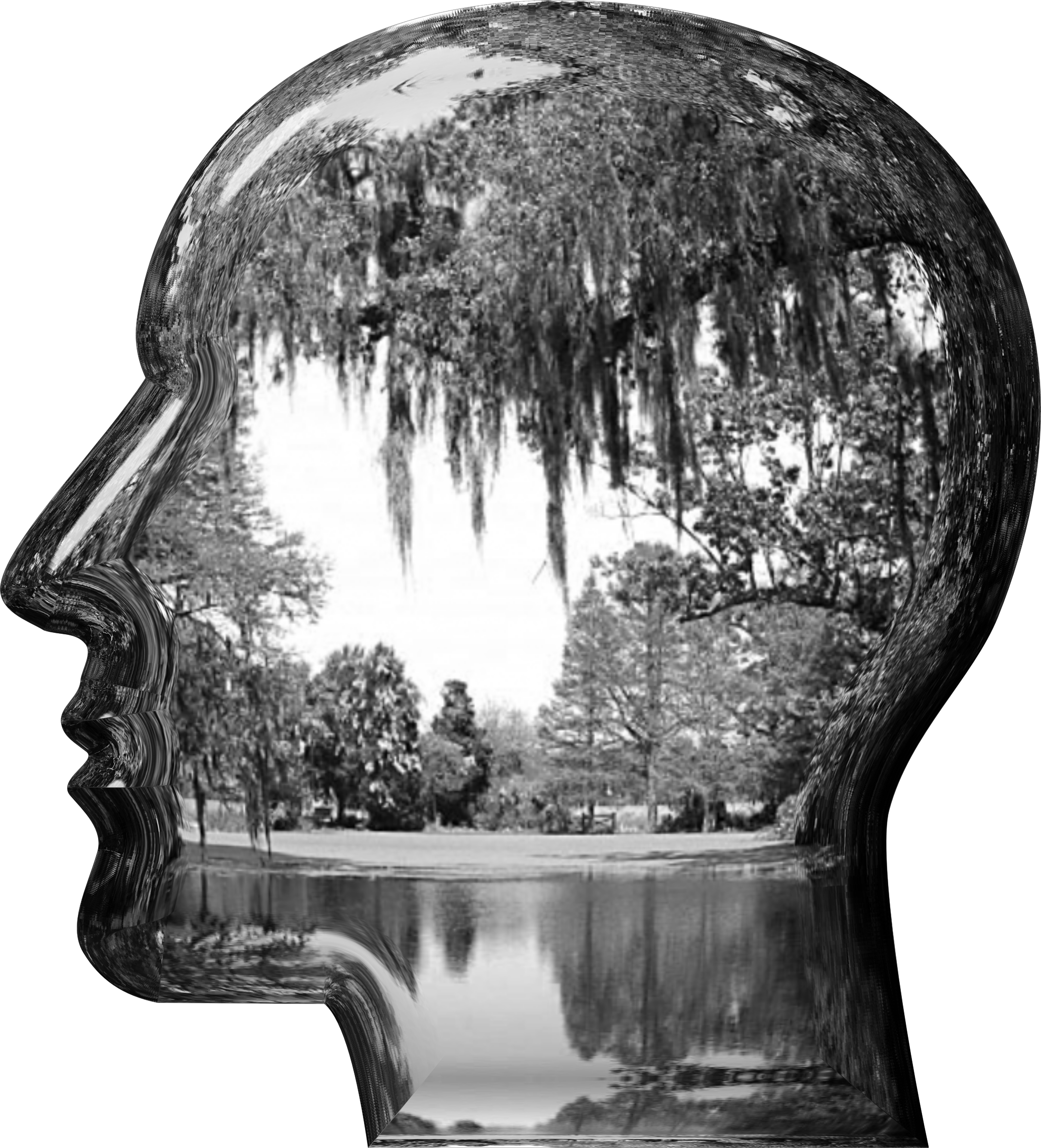Everything needs research, even this post.
It’s Friday and I have a blank page in front of me. I have to write something for my website and have it ready to post on Monday; the trouble is that I don’t have a subject.
How about research? I could write about that. I wrote a bit about it earlier this year, looking back it was interesting but didn’t say everything I wanted, so I thought that I would add some more thoughts. So this should really be called research part two.
When I first started writing Science Fiction, I had this idea that I wouldn’t need to do much in the way of research, after all, I wasn’t writing about things that were. I could say anything I wanted, couldn’t I?
Then I sat down and started typing. I was describing a farm on another planet and I suddenly realised that I had to have some idea about how they produced power for all their equipment. Now I could have gone with the same way that we do but hey, it’s sci-fi, so I wanted to do something a little different. After all, if we are now colonising other planets, would we still be using oil to power our tractors?
Then I remembered a thing I had heard on T.V. a long time ago, about how it might be possible to transmit electricity using microwaves. It was all a bit hazy in my mind but it gave me an idea for a centralised power-generation system transmitting wirelessly.
Then (and this is the big problem with research), I had to get the power from somewhere. Maybe I could make it on the farm?. If I didn’t want oil, could I have Nuclear power? But it seemed to be a bit of overkill for a farm to have its own atomic power station, so then I considered renewables.
As an ex-seafaring man I know all about the power of water, I’ve seen it over the years and have the greatest respect for it. I have always thought that a better use for all those wind turbines littering the sea would be to turn them upside down and let the flow of the tides or river currents turn them. It’s predictable and, unless we lose the moon, everlasting. If we lose the moon we would have other things to worry about anyway.
Developing the theory, we could have micro-generators in just about any piece of running water, spaced a few hundred metres apart. The power in a river like the Thames or the Amazon is so enormous that it could produce plenty of energy if harnessed correctly.
Can you see what’s happening here? I only wanted to power a tractor and now I’m re-designing the national grid!
As a bonus, if you could have a big generator in a river, couldn’t you have a small one? Maybe even a pocket-sized one with fold-out blades? Travellers would find them invaluable to recharge equipment while they slept, camped by the side of a river? Why not?
The principle has stayed with me and now I use a lot of my ‘inventions’ in my novels, I guess that you could say I’m inventing the history of the future, not in the broad sweep that Asimov did in ‘Foundation,’ but in the little things that make society. And as a bonus, the background to how the people of the future discovered and used these things provides me with a wealth of material for short stories.
From that moment I’ve been hooked on making my writing as logical and fact-based as I could. I wouldn’t say that I became obsessed with research but I certainly saw the importance of it more.
There’s a fact behind everything that will be, what we have today was science fiction to my grandparents, yet the vast majority of it is based on things that they would have been familiar with.
I also discovered that there was a lot of present-day science that could be dropped straight into a future world. All that is needed is a little bit of embellishment, a twist to make it ‘futuristic.’
Now, as I write I actually look forward to the bit where I have to make something work or justify some piece of description. Basing the future on what we have today, trying to guess where science will take us and always being prepared for the leap, the serendipitous discovery that changes everything.
I’m currently working on an idea for a novel about a man who has vivid dreams, so far I’ve learned about all sorts of scientific and medical stuff connected to dreaming and how we perceive reality. It’s a fascinating subject and I’m hopeful that the inclusion of so much truth will enhance the fiction, giving it an air of authenticity.
In the end, that’s what it’s all about, and it seems to be working, I get people who have read my novels complimenting me on the science, which is weird as I’m not a scientist, comments like,
“A lot of effort has been put into the research for the story; it comes across as real instead of patently fake.”
And,
“I LOVED how you had technical details to support machinery, ships, practices, but it didn’t bog down the story.”
That means that I’ve done my job as a novelist, I’ve created a world that’s believable, and once you’ve done that, you have the reader on your side. If I can convince you that the world is real, making you accept the characters and the situation I’ve placed them in is going to be easy.
There. That wasn’t so bad, was it? I’ve managed to get a post out of half an idea and tried to give you an insight into my creative process along the way. Let me know what you think by commenting below.
By the way, my original post about research is HERE
![]()


